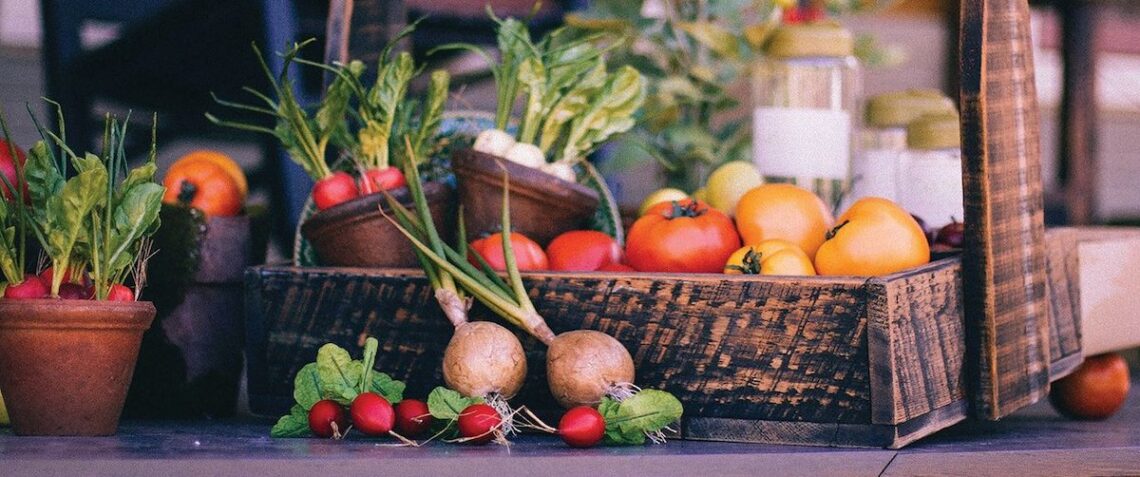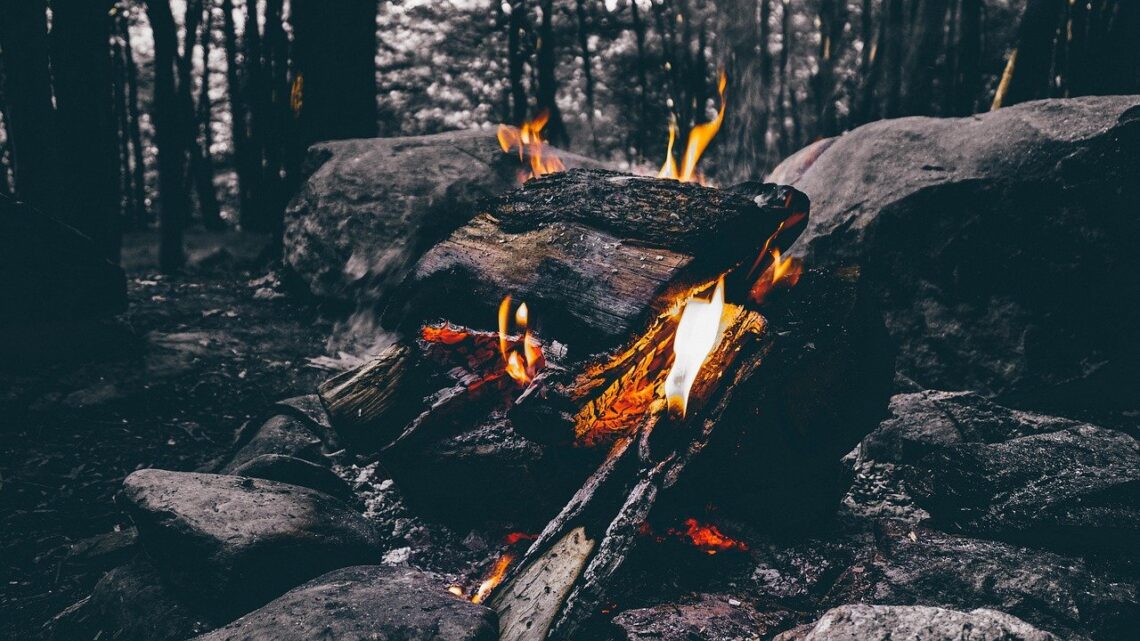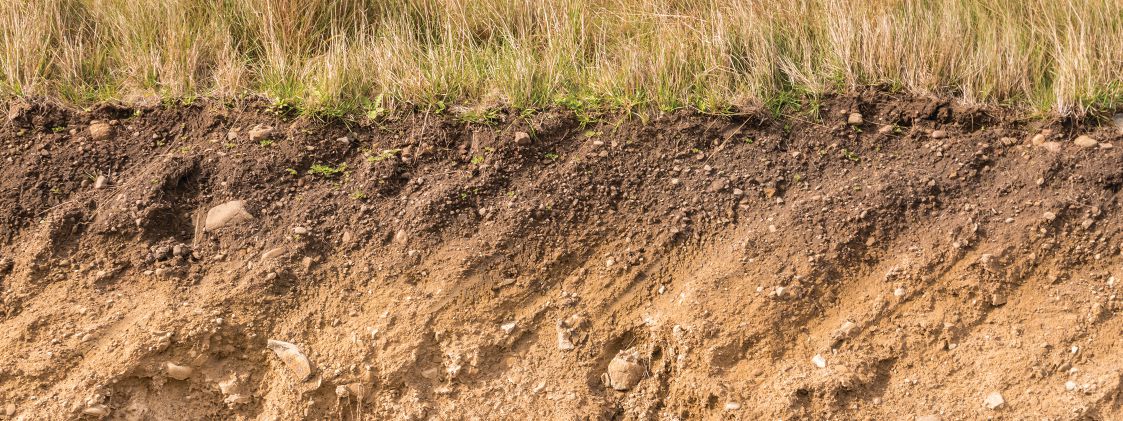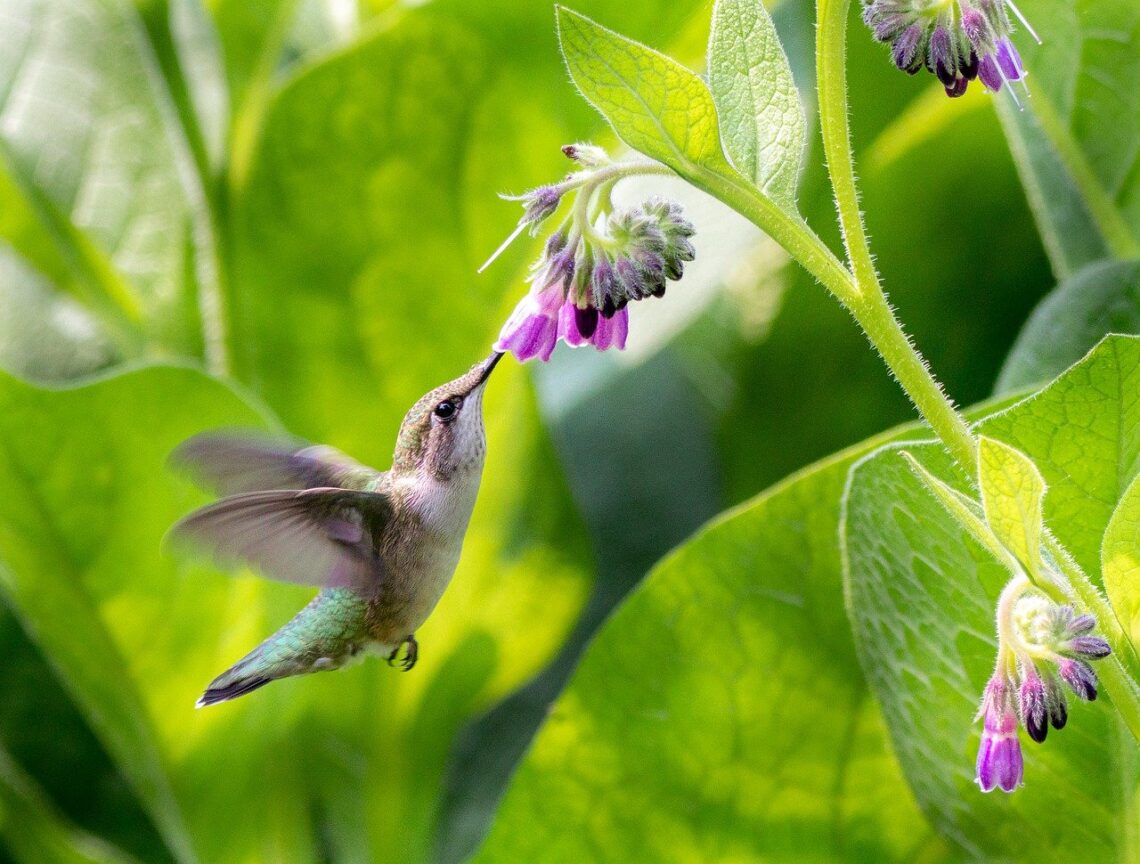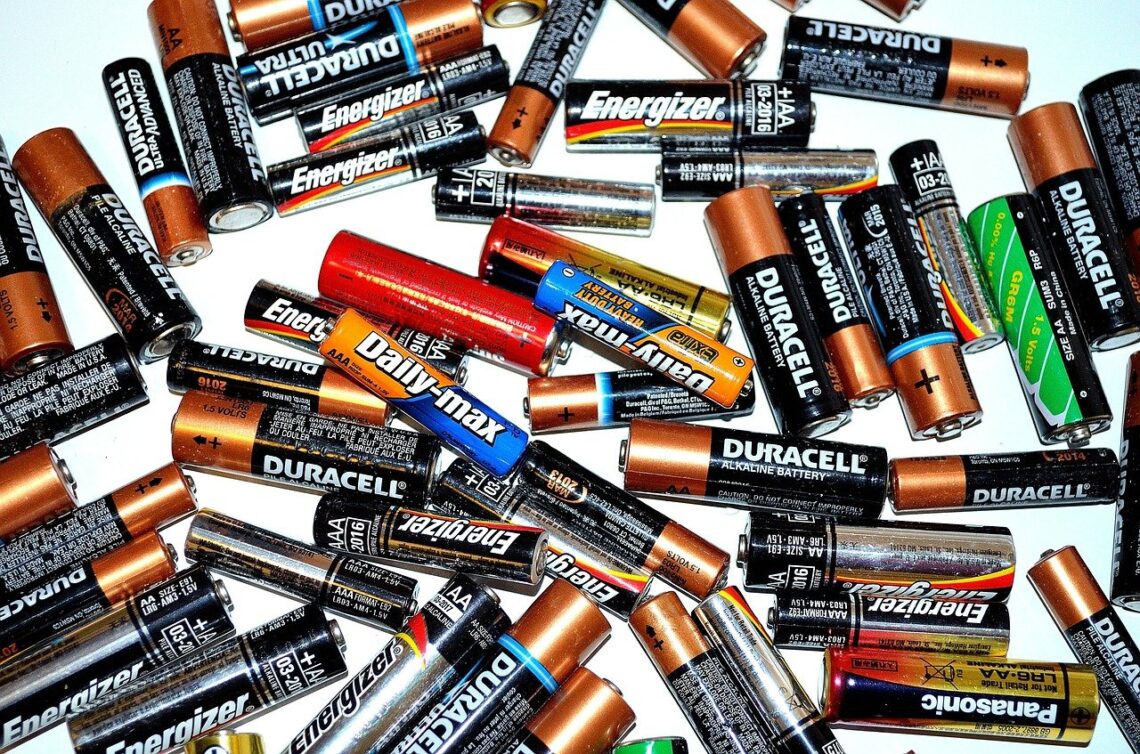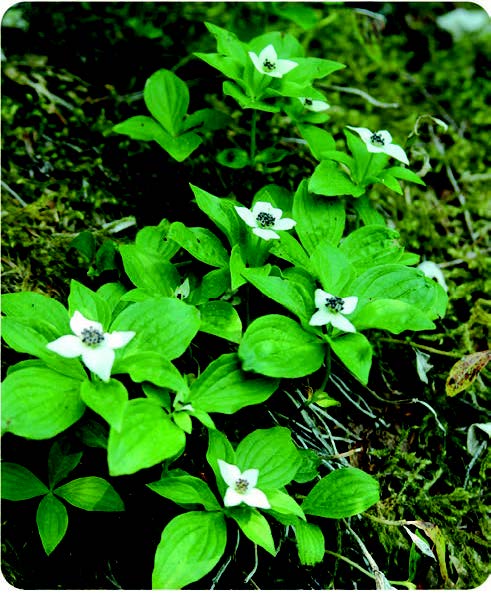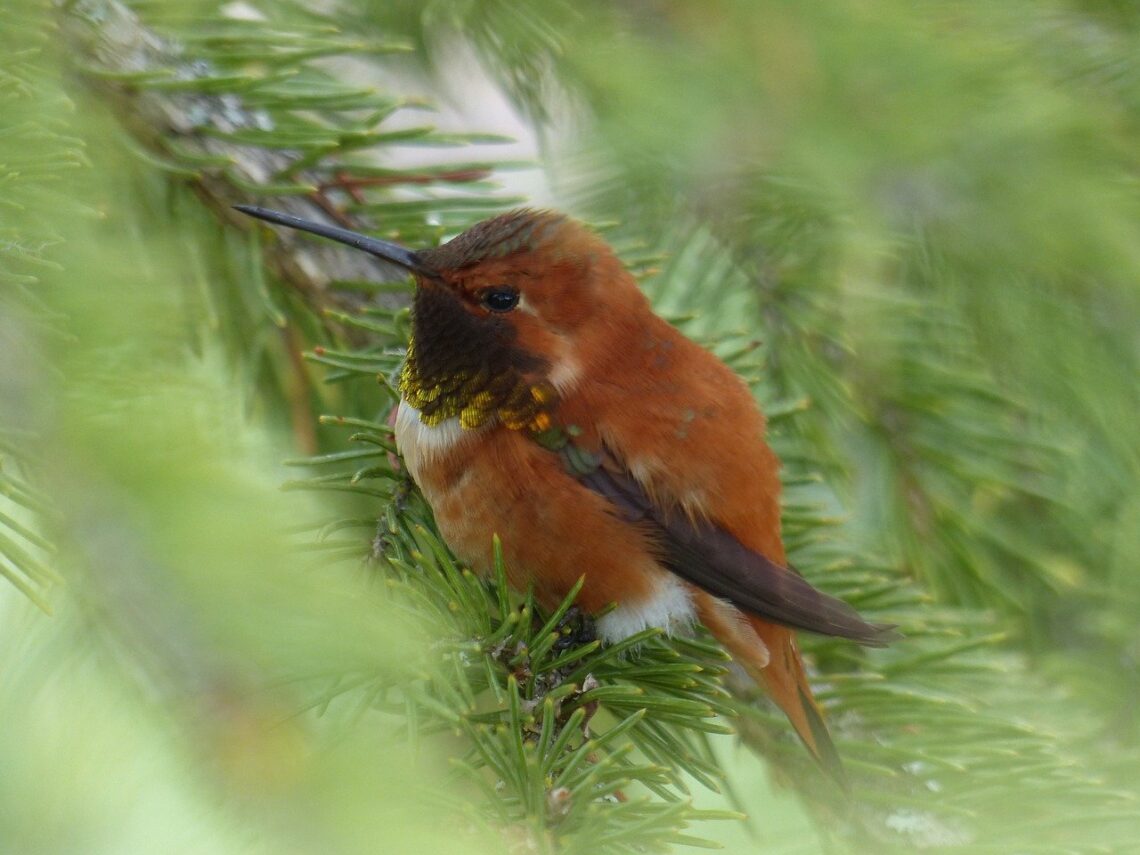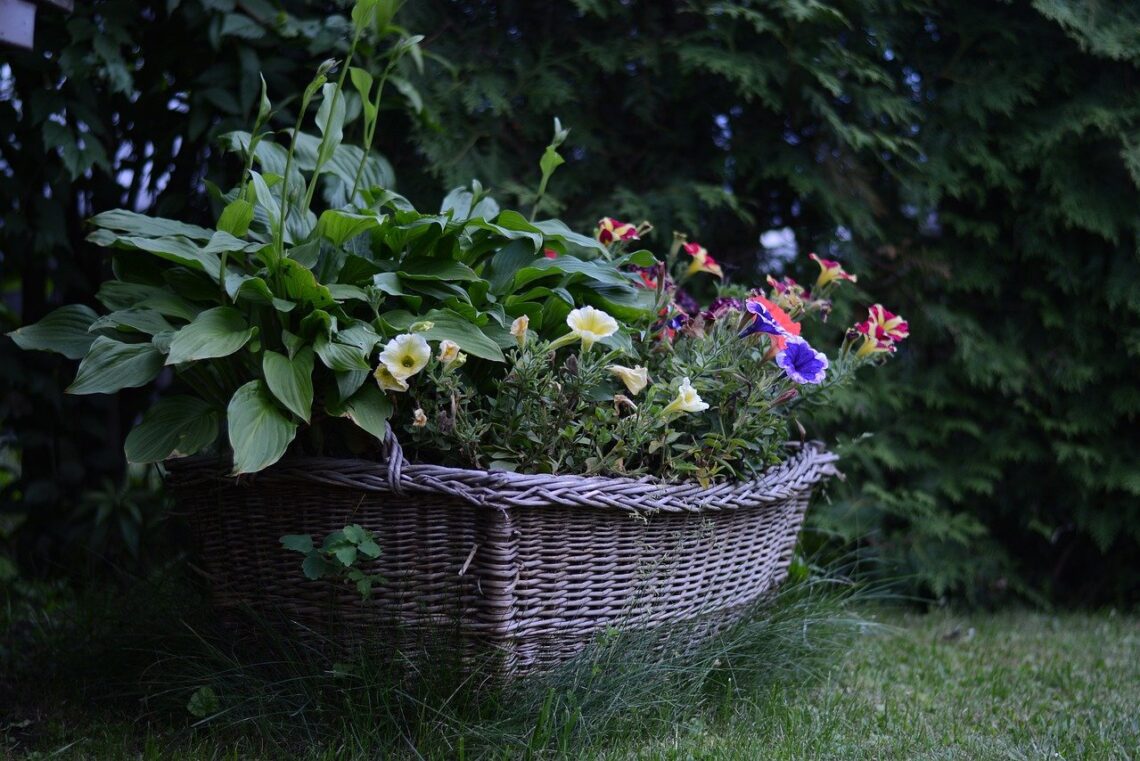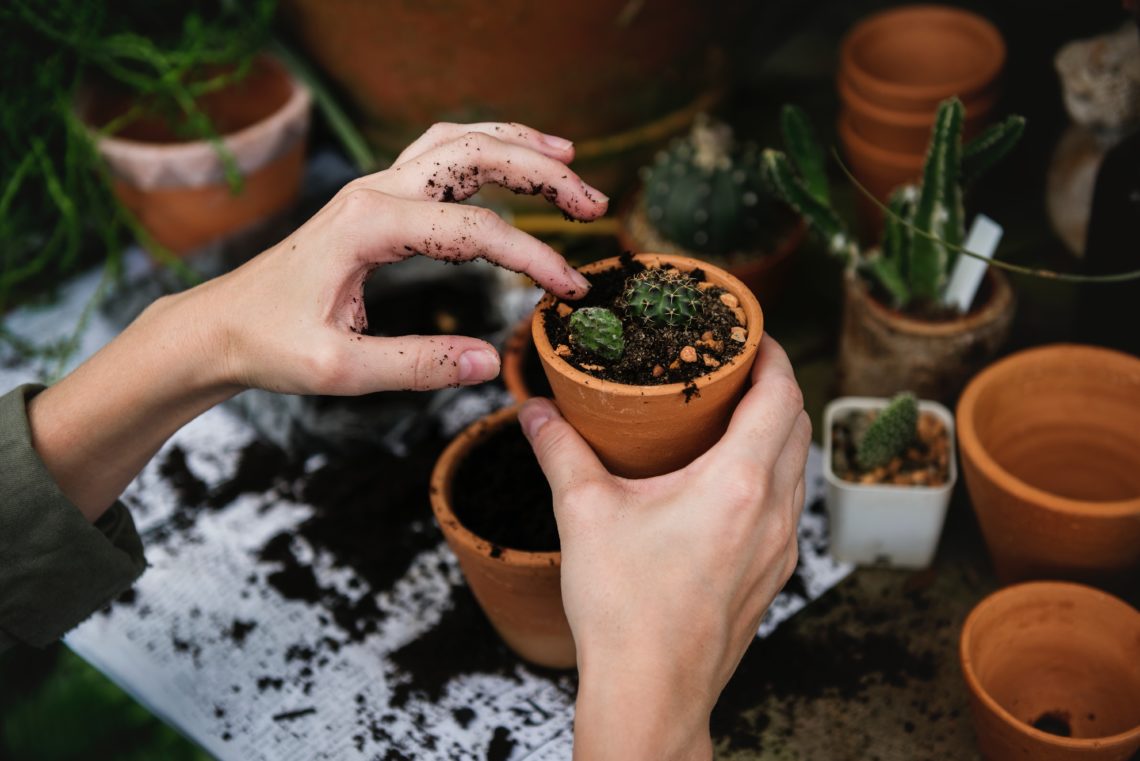Ideas to Grow More & Waste Less Food By the time you read this, much of the adrenaline and enthusiasm about gardening may have worn off since the arrival of seed catalogs in January. Your vegetable garden may have grown profusely, producing stunning spring and early-summer food. Or, you may have planted your plants too early, only to find them to have flopped over or dried out. While many gardening successes are serendipitous, most are a result of planning. In this article, we’ll tackle how an ounce of planning can produce more and healthier vegetable plants and how you can reduce waste and prevent diseases. Most of the plants in…
-
-
Between a Rock and a Hot Place
Balancing the Sources of Heat in the Home Landscape Take a leaf. No, actually, don’t you dare touch that leaf! Well, why? It’s dead. No good to me now. Well, actually, it’s as valuable now as when it was on the tree. Why? Because it’s going to rot and then become another tree that produces other leaves. Composted leaves are free fertilizer. They’re nature’s oldest form of recycling. The Xerces Society is a non-profit trying to help wildlife, especially pollinators (bees, butterflies, etc.) and endangered species. A few years ago, they promoted a “Leave the Leaves” project in the fall, so there would be protected places for wildlife over the…
-
Permaculture on an Impermanent Planet
A soils instructor at OSU begins his talks by telling his students that we understand so little about soil (and many other things) because we humans are too big and don’t live long enough. He illustrates by holding a handful of garden soil and asks who can see the billion bacteria contained in the soil. No one raises their hand. He asks if anyone has been here for the hundred years it took to create just the top inch of topsoil. Ditto. Needless to say, he doesn’t have to inquire about anyone’s existence throughout the millions of years it took to break down mountains into the clay that is found…
-
Magicians in the Air
Hummingbirds and How You Can Support Them Who of us have not marveled at the tiny hummingbirds who inhabit, or at least visit, our gardens? Weighing less than a nickel, they can travel at 33 miles per hour, beat their wings from 720 to 5400 times a minute when hovering, and eat their weight (or more) in food every day. John James Audubon recorded human feeding of hummingbirds in his book “Birds of America 1840-1844” and by 1950, commercial bird feeders were available. Thousands of feeders are sold each year worldwide. But, are we really doing them any favors by placing sugar water in safe, cool areas? It is true…
-
Recycling Batteries
KEEPING CHEMICALS OUT OF LANDFILLS TO SAVE THE EARTH Did you know that Americans use and discard millions of single-use and rechargeable batteries each year? Our increasingly large taste for lightweight power tools, “smart” devices, and electronics has caused an explosion of these metal-containing entities. Unfortunately, some of the chemicals they contain are harmful to the environment, including mercury, lead, cadmium, nickel, and silver. Others contain cobalt, lithium, and graphite—which are difficult to obtain from the earth and may become unavailable before the end of this century. Single-use batteries include: • The old tried and true alkaline and zinc-carbon (tubular and rectangular) batteries.• The newer button-cell or coin batteries.• The…
-
Native Plants in the Pacific NW
& How You Can Incorporate Them Into Your Garden The last twenty years have seen a growing interest in gardening with native plants. The term “native” has several meanings, depending upon the context. “Native” is used to mean a plant species that has been in a specific region for hundreds of thousands of years and continues to be present in the landscape. Dinosaurs were surrounded by Araucaria, known today as Monkey Puzzle trees, and other conifer species; ferns, rhododendrons, and horsetail. So, these plants may be as old as 135- 180 million years. It doesn’t get more native than that. Another definition of “native” plants is that the species has…
-
Magicians in the Air:
Hummingbirds and How You Can Support Them Who of us have not marveled at the tiny hummingbirds who inhabit, or at least visit, our gardens? Weighing less than a nickel, they can travel at 33 miles per hour, beat their wings from 720 to 5400 times a minute when hovering, and eat their weight (or more) in food every day. John James Audubon recorded human feeding of hummingbirds in his book “Birds of America 1840-1844” and by 1950, commercial bird feeders were available. Thousands of feeders are sold each year worldwide. But, are we really doing them any favors by placing sugar water in safe, cool areas? It is true that they can digest…
-
Recycling in the Garden
If you are reading the Green Living Journal, you probably are committed to protecting the earth and reducing your drain on its plentiful resources. But the term “recycling” in the garden environment is often overlooked by mindful gardeners. Your garden is the most precious and vulnerable area you can impact and has all of the basics from which other recycling concepts arise. Consider: “they” are not importing atoms from Mars, or any farther planet, according to NASA. The particles that make up every rock, animal, plant, fungus, bacteria, or other earth forms—living or inanimate—were here at the creation of the planet. Our natural world is the simplest form of recycling.…
-
They Too Shall Garden
Since 2009, a non-profit, Lettuce Grow, has been teaching Sustainable Gardening to prison inmates, providing courses leading to a certificate in Home Horticulture.

